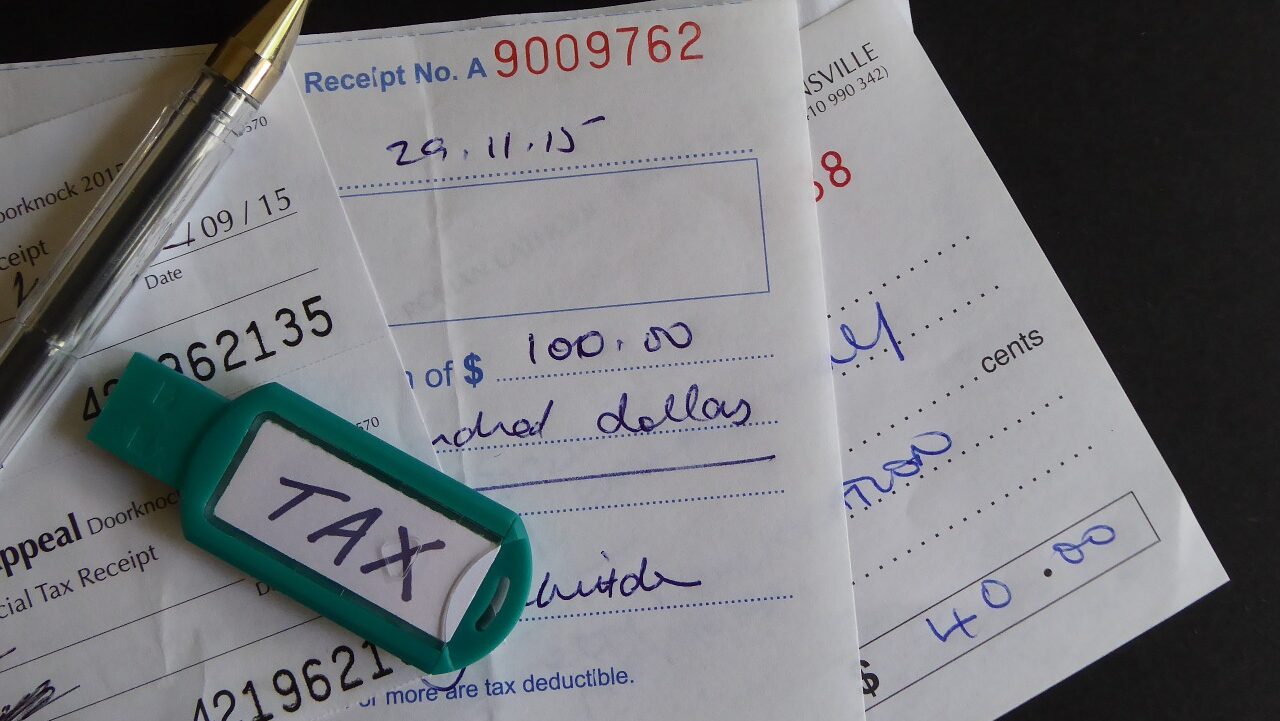Marijuana sale is legal and it’s also taxed in seven distinct states. Most of the state tax marijuana based on consumers’ purchase, just as in case of any retail sale tax. However, some prefers to tax on the transaction between the cultivators and the retailers or distributors (similar to the transaction of alcohol between brewer and the distributor or retailer).
Though it’s prohibited under the federal law, state law of Alaska, Colorado, California, Nevada, Massachusetts, Washington, and Oregon allows the transaction of marijuana. Further, the states of Maine and Vermont too allow the sales of marijuana in a legal way but in these two states, marijuana is not taxable yet.
However, the amount of tax is not the same in each state and they vary from each state to another. The rate generally ranges from 37 percent in Washington and 10 percent in Nevada. Michigan’s legislature has recently ordered to raise the retail tax 10 percent. Nevada and Colorado further has additional tax system on the wholesale transaction between the distributors and cultivators or retailers.
The tax system makes it easy for the legislation to keep a track of how much strain is being cultivated and sold. Therefore, it can effectively reduce any illegal transaction of marijuana. Further, the tax amount also helps to uplift the economy of these countries. Since these places have a large share of people who use marijuana, the tax amount is not much nominal and it helps to improve the overall finance of the states and the money can be spent on beneficial aspects of a state like improving education, industry and other fields.
California and Alaska have levy tax on marijuana each ounce rather than as a percentage of the overall price.
Some other states also levy usual sales tax on the buying and selling of marijuana apart from the excise tax.
Earlier we have mentioned that the state uses the tax amount to improve several aspects of the state but are you curious to know how do the state spend the revenue? Then, read on.
Alaska provides half of the revenue to reduce repetitive criminal offenses by rehabilitating the criminals and the rest half to the general fund.
California pays several administrative costs related to marijuana legalization with the revenue itself. It also seeks to improve academic field, youth programs, and economic development with the excess fund.
Colorado’s revenue is spent on the education programs.
Nevada spends its revenue on rainy day fund and on several education programs.
Massachusetts gives the revenue to several public safety events and campaigns.
Oregon distributes the revenue to several drag prevention campaign, treatment program, and various education programs. Further it also seeks to develpp and transfer the revenue to the local governments.
Washington distributes the revenue amount on various health care programs.
Thus the excise tax on the marijuana retail sales helps the states to take care of their finance and education. Therefore, if you belong to any of these states, start to pay proper tax and stop illegally purchasing marijuana as it only improves the condition of the state.






